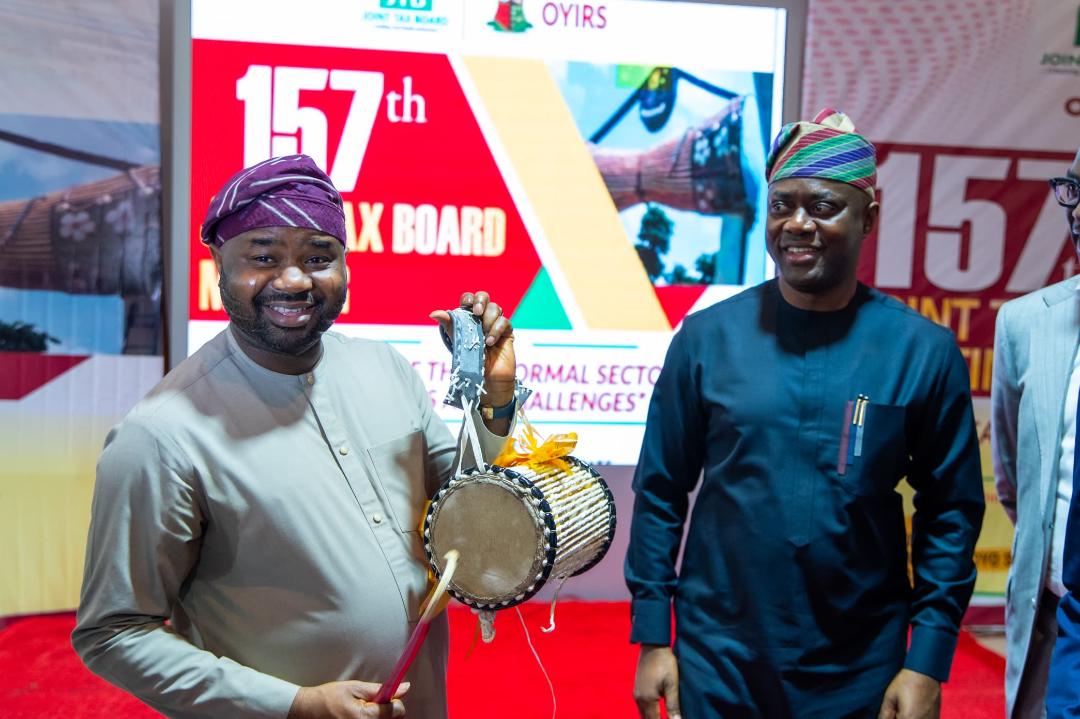
The chairman, Federal Inland Revenue Service (FIRS), Zacch Adedeji, has attributed the drop in Nigeria’s unemployment index to the recognition of informal work by the National Bureau of Statistics (NBS).
This was just as he revealed that the well-being of operators of the informal sector concerns President Bola Tinubu, saying workers in the sector account for 92.6 percent of the employed population in the country as of the first quarter of 2023.
Speaking on the theme, “Taxation of the Informal Sector: Potentials and Challenges,” at the 157th Board meeting of the Joint Tax Board (JTB) on Monday in Ibadan, the Oyo State capital, Adedeji said he would rather support the formalisation of the informal sector with the use of data rather than taxing them.
“President Bola Tinubu has said the focus should be on taxing the fruits and not the seeds so that we don’t kill what people have invested in businesses,” he said.
Adedeji, according to a statement by his Technical Assistant on Media, Sikiru Akinola, charged participants at the meeting, including the 36 states inland revenue board chairpersons to brainstorm on how to bring formality to the informal sector with the use of reliable data.
He explained that JTB would soon transition to the Joint Revenue Board (JRB) with expanded scope and responsibilities that would make tax systems easily harmonised and modernised nationwide.
The FIRS chairman, who doubles as the chairman of the Joint Tax Board, commended the Oyo State governor, Seyi Makinde, for hosting the meeting.
Speaking shortly after Adedeji, Governor Makinde appealed for support in the effort to widen the country’s tax net.
“We must not only be strategic but also humane in our approach. The goal should not only be to increase revenue but to support and empower those within the informal economy so they can thrive and contribute meaningfully.
“Our administration is committed to balancing fiscal responsibility with inclusive economic growth. Our recent initiatives have improved our revenue generation drive,” Makinde added.



